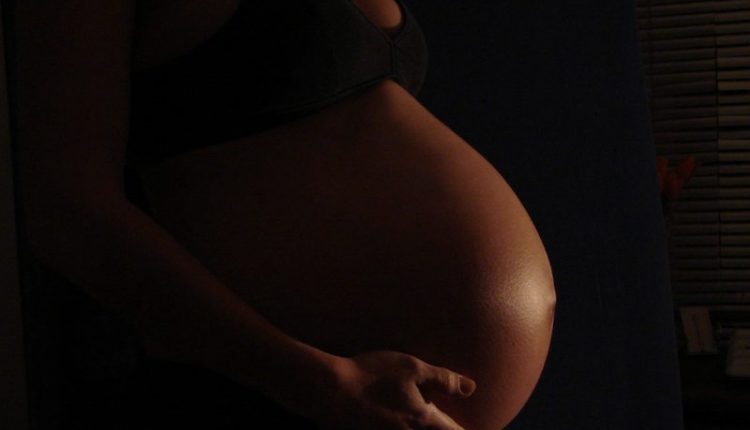
Health Services and Pregnancy Care in UK
In UK the NHS (National Health Services) has a well-structured and easily accessible plan for pregnancy care. Since 2010 there has been an 18.8% reduction in stillbirths [3], a 5.8% reduction in neonatal mortality [4] and an 8% reduction in maternal mortality [5].
Evaluation of Saving Babies Lives Care Bundle (SBLCB), which supports the objective in Better Births, has a reduction of 20% in stillbirth rate at maternity units where the bundles were implemented.
It is advised to see a midwife or a general practitioner GP as soon as a pregnancy is detected.
After this an antenatal care is organized. It is stressed upon to have regular antenatal appointments, to keep a check on various parameters which are essential for a smooth pregnancy.
Some of the tests and measurements must be done at specific times, which is monitored and guided by the assigned midwives as the pregnancy progresses.
A midwife facilitates care during pregnancy and has expertise in normal childbirth. Midwives are specially trained to care for mothers and babies throughout the pregnancy, labor and post childbirth.
Healthcare services by NHS:
- 10 pregnancy appointments (7 if you’ve had a child before)
- Screening tests are offered during various stages of pregnancy.
Test for sickle cell and thalassemia is offered as early at around 10 weeks of pregnancy. Also, blood tests for HIV, hepatitis B and syphilis are recommended early on during the pregnancy. These blood tests should be done before the first scan appointment.
A screening for Down’s syndrome, Edwards’ syndrome and Patau’s syndrome is done around 11 to 14 weeks of pregnancy. Further scans to check the baby’s development are done around 18 to 21 weeks of pregnancy.
In some hospitals an obstetrician is there to check for any complications, but in other hospitals the midwife or GP refer an obstetrician if they have any concerns or if there was a history of any previous complication.
An epidural is administered by an anesthetist for pain relief during labour.
In case of caesarean section, an anesthetist provides the appropriate anesthesia.
The anesthetist is present if an epidural is required for an instrumental delivery that is with the help of forceps or a vacuum delivery.
Vacuum delivery is done by a device called ventouse which is a cup-shaped suction device that is attached to the baby’s head to help the baby to be born.
A pediatrician would then check the baby to make sure the baby is well, especially in cases where the labour was difficult for the mother.
Neonatal nurses take care of premature or unwell babies when they are born.
An obstetric physiotherapist helps to cope with physical changes during and after pregnancy and childbirth.
 The NHS reviews and analyses the data pertaining to pregnancy and care each year for statistical analyses.
The NHS reviews and analyses the data pertaining to pregnancy and care each year for statistical analyses.
Stillbirths, early neonatal deaths, cases of severe brain injury in babies, as well as maternal deaths are reviewed by The Healthcare Safety Investigation Branch.
Most maternity providers use Perinatal Mortality Review Tool. This assures a high-quality review of the circumstances and care leading up to and surrounding each stillbirth and neonatal death.
Article for Emergency Live by Irawati Elkunchwar
Read Also:
Viral Infections In UK, Dangerous Viruses And Bacteria Prevalent In The UK
Source:
1. https://www.birthrights.org.uk/
2. https://bmcpregnancychildbirth.biomedcentral.com/
3. Office for National Statistics (2018) Death registrations summary tables – England and Wales. Available from https://www.ons.gov.uk
4. Office for National Statistics (2018) Child mortality in England and Wales. https://www.ons.gov.uk/
5. MBRRACE-UK (2018) Saving Lives, Improving Mothers’ Care.
6. https://www.npeu.ox.ac.uk/mbrrace-uk/reports
7. https://www.longtermplan.nhs.uk/


